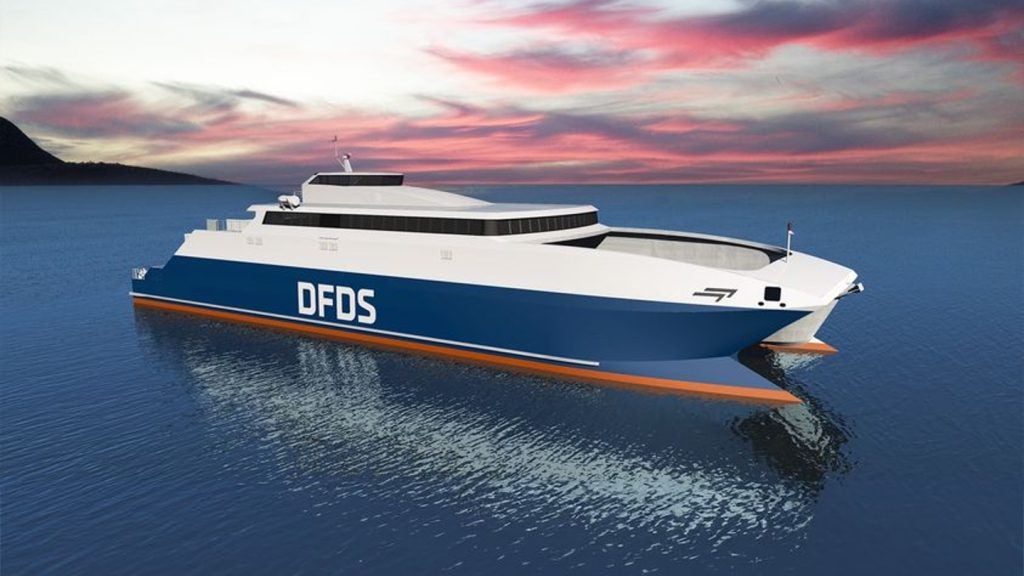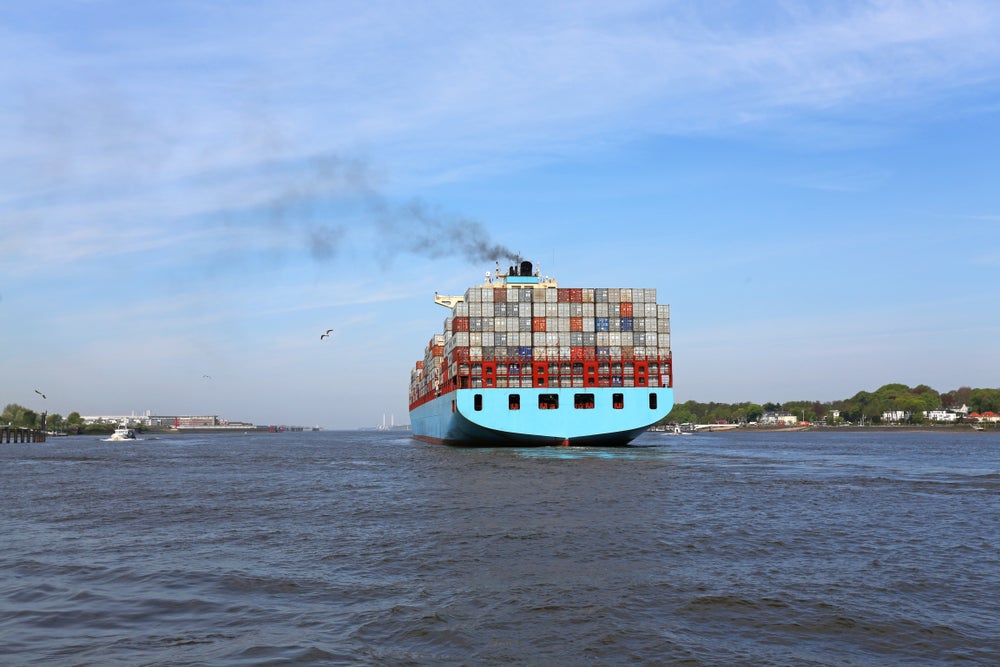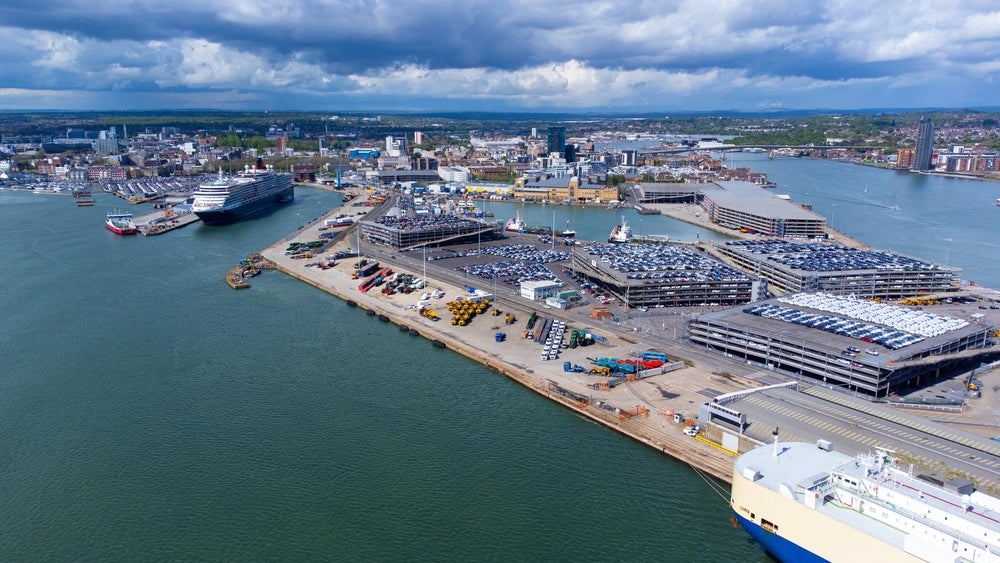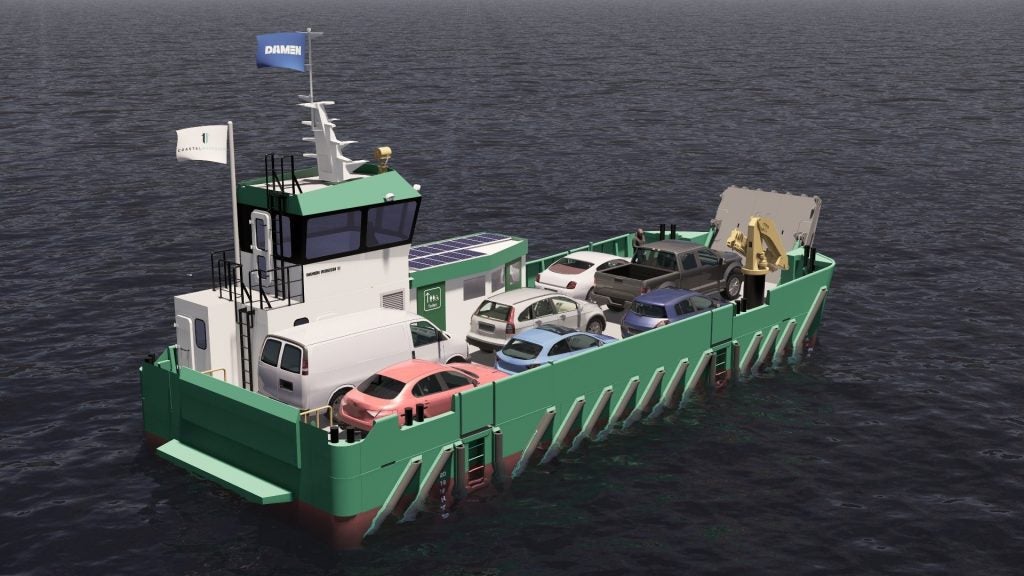Wartsila will supply its propulsion machinery packages to be incorporated into the UK’s domestic duel-fuelled new-build vessels.
The company was awarded the contract last year, which will also be complemented by the company’s extended engineering and site support services.
Claimed to be the first vessel of its kind, the two ships are 102m-long roll-on / roll-off (ro-ro) passenger ferries, built for Scotland-based Caledonian Maritime Assets and manufactured by Ferguson Marine Engineering.
Each of the two ships will be fitted with the company’s two six-cylinder Wärtsilä 34DF main engines, which can operate on either liquefied natural gas (LNG) or conventional diesel fuels. The engine switches seamlessly between fuels without a loss of speed or power.
The propulsion machinery package will also include two six-cylinder Wärtsilä 20DF auxiliary engines, horizontally offset gearboxes, shaft lines, seals and bearings, controllable pitch propeller systems (CPP), including the Wärtsilä Energopac optimised propulsion and manoeuvring system, tunnel thrusters, the Wärtsilä LNGPac storage and supply system, plus extended commissioning and engineering.
See Also:
The vessels will feature a twin screw dual-fuel mechanical propulsion driveline.
How well do you really know your competitors?
Access the most comprehensive Company Profiles on the market, powered by GlobalData. Save hours of research. Gain competitive edge.

Thank you!
Your download email will arrive shortly
Not ready to buy yet? Download a free sample
We are confident about the unique quality of our Company Profiles. However, we want you to make the most beneficial decision for your business, so we offer a free sample that you can download by submitting the below form
By GlobalDataWärtsilä Marine Solutions sales vice-president Aaron Bresnahan said: "These Wärtsilä solutions promote environmental sustainability through the use of the latest marine propulsion technology.
"By integrating the various systems we are able to optimise the operational efficiencies, thereby reducing fuel consumption and minimising the vessels’ environmental footprint."
The ferries will be operational during the second half of 2018 and will operate on various routes along the west coast of Scotland.







